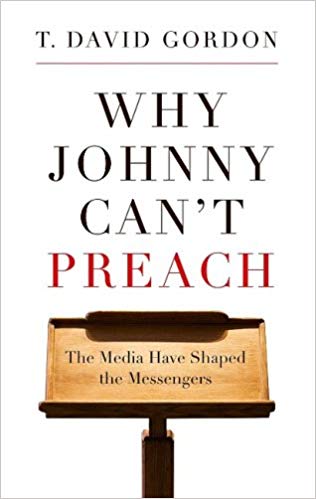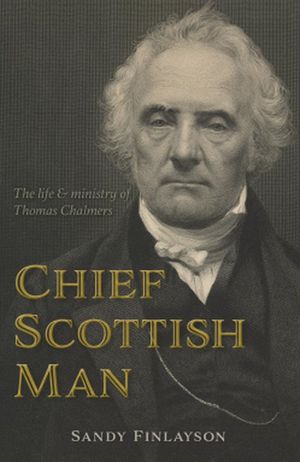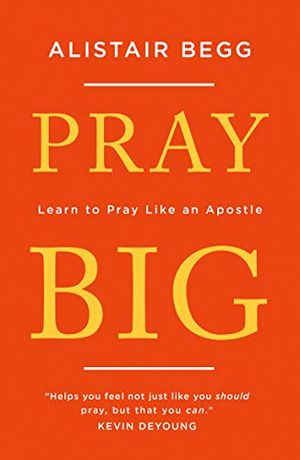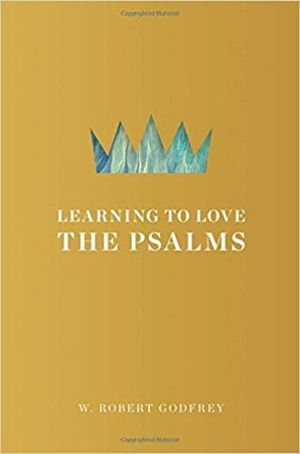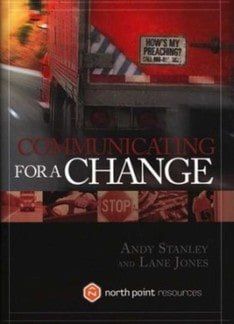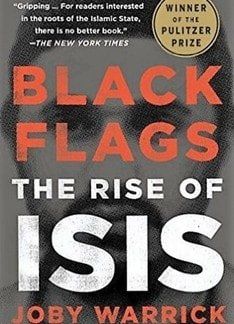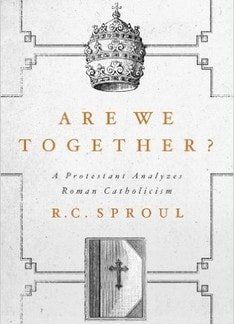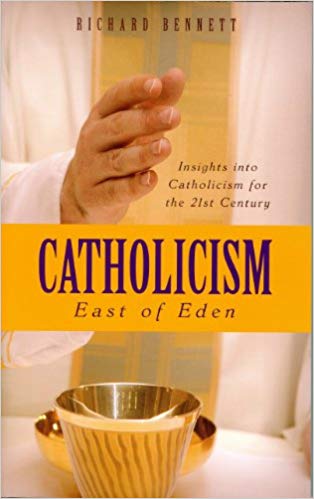In some senses, this book could be regarded as a potential ‘last will and testament’ of its author, who, at the time of writing, was undergoing treatment for cancer with only a 25 per cent likelihood of success.
Mercifully, David Gordon is currently in remission, and, equally mercifully, did not significantly edit his work which is marked by a sense of urgency and conviction. He speaks his mind in a gracious but earnest manner, and about things that need addressing in this way.
Gordon’s main contention is that the vast majority of today’s preachers have been so affected by trends in our media culture that they are unable to deliver sermons characterised by the seven basic features of expository preaching listed by R. L. Dabney – textual fidelity, unity, evangelical tone, instructiveness, movement, point and order.
The author does not blame the theological training received by preachers, so much as the illiterate, sound bite, triviality obsessed world of communication surrounding us all. This means that preachers are not able to read and write, at least not in the classical sense.
We lack preachers who are orators, using sacred rhetoric, and who have learned the art of crafting words and expressions. Often, they can’t string coherent sentences together; they are mentally dependent on their keyboard delete button and computer spell-check.
Gordon admits that his thesis is based on his own personal observations and that it reflects the scene among conservative evangelical churches in North America. However, I believe that what he says is equally applicable in the UK, where exposition has become the exception.
Here are a few of his (admittedly unscientific) observations: ‘Less than 30 per cent of those who are ordained to the Christian ministry can preach an even mediocre sermon … Of the sermons I’ve heard in the last twenty-five years, 15 per cent had a discernible point … Of those 15 per cent, however, less than 10 per cent demonstrably based the point on the text read … Such sermons are religiously useless’.
Just by way of a taster, here’s an anecdote from a footnote: ‘At a faculty meeting at Gordon-Conwell once, someone reported that a study had disclosed that one-half of ordained ministers leave the profession before retiring. Most of the faculty gasped at this, but my good colleague Doug Stuart remarked, “I wish the number were higher; only about one in five can preach”.’
I do, though, disagree with the author in one point. I think he lets theological seminaries and their training off too lightly. Part of the job of Bible colleges is to identify and remedy wrong attitudes and habits, especially those as detrimental to effective gospel communication as the ones he rightly identifies.
A few years ago, a UK Bible college lecturer in homiletics told me that they no longer trained preachers to preach dogmatically and expositionally, but to engage in dialogue and to share personal insights, because that was more acceptable.
Bible colleges need to prioritise passionate, careful, expository preaching because it is still one of the primary God ordained means for the salvation of unbelievers and maturing of believers.
David Gordon pulls no punches and, given the seriousness of his subject, is right not to. We need, and need to heed, more clarion calls like this.

